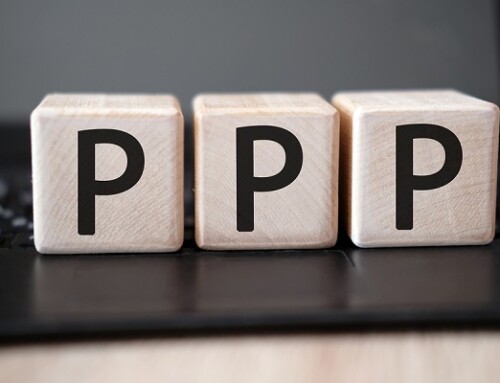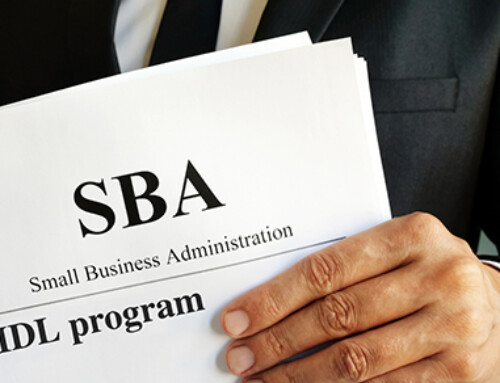Here’s a tax rule that can make you unhappy. If you sell property to a related party, you may not deduct your loss on the sale.
And this gets worse. The loss you cannot deduct no longer belongs to you. It moves to the related party, and that can really complicate matters.
This brings up two questions:
- Who are your related parties?
- What happens to the loss that the government took away from you?
Related Parties
In the business context, the tax code says that your related parties include, among others, the following:
- You and your spouse, brothers and sisters, parents, children, grandparents, or grandchildren
- Corporations and partnerships in which you own, directly or indirectly, more than 50 percent (e.g., stock, value, profits interest)
Constructive ownership rules increase your possibilities of related parties:
- You are deemed to own what you and your family members own.
- As a shareholder or partner, you own a proportionate share of the stock owned by the corporation or partnership.
Where the Loss Goes
Your tax-deductible loss is lost to you when you sell to a related party. But here’s a possible (although often unlikely) silver lining: the loss you lost travels to the buyer, and the buyer can use that loss to reduce any taxable gain on a later sale of the property.
For example, say you incur a $15,000 loss when you sell your business vehicle to your brother. You can’t deduct the loss. Your brother later sells the vehicle for less than he paid you. He can’t deduct the loss. The loss is gone.
As you can see, you absolutely need to know that the related-party loss-disallowance rule exists, so you don’t mistakenly make your tax-loss deductions disappear. If you have questions about this rule, please don’t hesitate to give us a call.





